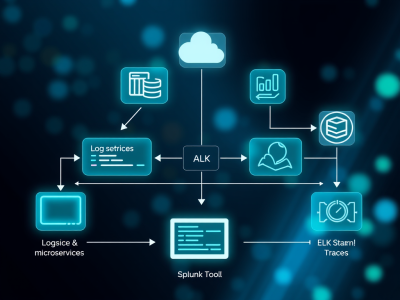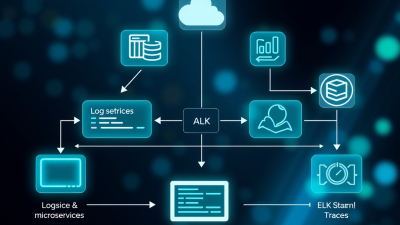When you’re in the market for a new VDR, it’s important to know what you’re getting into. Verifying that your potential vendor is secure, reliable, and easy to use will keep you from having any issues down the road. Checking out these five areas of due diligence will help ensure that your virtual data room is well-suited for your needs and will be up and running when you need it most.
Information security
Information security is a crucial aspect of due diligence. You want to ensure that the vendor has the right security measures in place, as well as experience dealing with cyber attacks, data breaches, and legal compliance issues.
You should ask the following questions:
- What security measures are in place?
- What is their information security policy?
- How experienced are they with cyber attacks or data breaches?
- Do they have any experience with legal or regulatory compliance issues related to securing client data?
Check the vendor’s security measures
After you’ve met with the vendor and determined that it’s a good fit for your needs, you’ll need to check that the vendor has taken adequate measures to ensure the security of your data.
This includes:
HTTPS/SSL certificate: The only way to be sure that a cloud-based data room is secure is if it uses HTTPS, which means it’s encrypted with SSL. You should look up the vendor’s website and see if they have an SSL certificate, as well as check out what kind of encryption technology is used (e.g., 128-bit or 256-bit). If these things aren’t clear from their website or any other sources (like third-party reviews), call them up directly and ask about this. It shouldn’t be hard for them to answer these questions; failing that, then perhaps it’s time to consider another vendor.
Strong encryption: Make sure that strong encryption methodologies are in place at all times during transfers between users (and within their secure hosting platform). This includes verifying that files are encoded using AES encryption standards (Advanced Encryption Standard) with 2048-bit keys when needed so there is no risk of outside access once uploaded into shared folders within their environment.
Protect your IP with data-leakage prevention software
You can protect your IP by installing data-leakage prevention software, which works by monitoring network traffic and comparing it to pre-defined policies. If there is any deviation from the policy, the software will alert you. The best way to find an appropriate DLP solution is to review several companies’ offerings and compare them against each other. Look for features such as:
- Comprehensive discovery capabilities
- Powerful analytics capabilities
- Real-time alerts and notifications when something goes wrong
Emergency disaster recovery and business continuity functionality
The last thing you want is for your virtual data room to go down. That’s why it’s important to know what kind of emergency disaster recovery and business continuity functionality the vendor offers. This can include multiple offsite backup locations, data replication, and redundant hardware.
Before you sign a contract, know what you’re getting
Before you sign a contract, understand what you’re getting into. Know the risks and how to protect yourself from them. Make sure that you can trust the other party in the transaction, and consider your options if things go wrong. You can protect yourself by finding out how long you have to cancel and having a strong understanding of what happens if the other party is unable or unwilling to fulfill their obligations
Conclusion
When you’re looking to invest in a business process solution such as a VDR, it’s important to do your due diligence. This is the best way to ensure that your company will get what they need from the vendor and avoid being taken advantage of by unscrupulous salespeople who are just trying to sell its product at any cost.












Comments